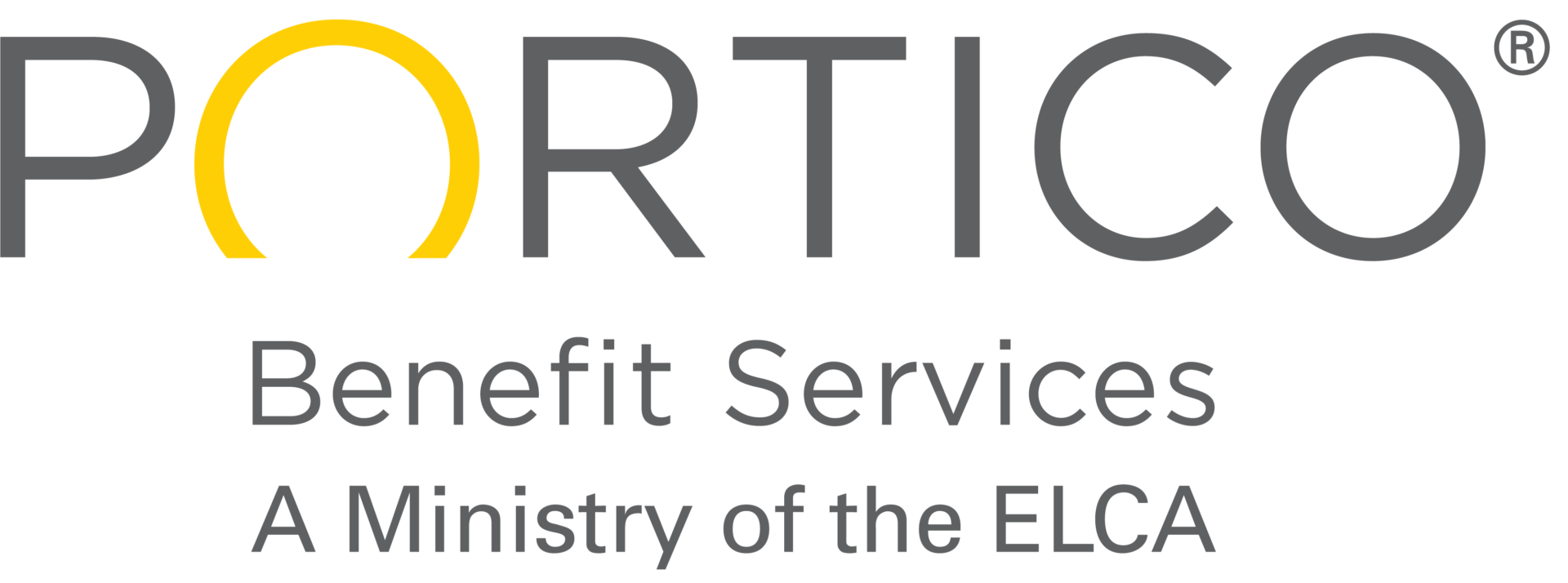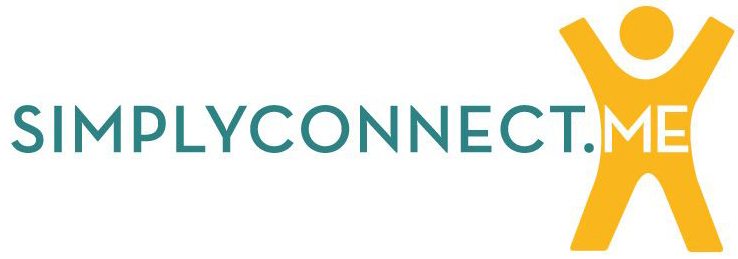Phase 2 Expands Implementation of Successful Post-Acute Transitional Care Model
WASHINGTON — In a vote of confidence for Lutheran Services in America’s Connect-Home Learning Collaborative, The Harry and Jeanette Weinberg Foundation has awarded a $225,000 continuation grant to fund the Collaborative’s second phase. The Phase 2 grant enables the Collaborative to double in size from four states to eight. Connect-Home, the brainchild of Dr. Mark Toles of The University of North Carolina at Chapel Hill, is a team-based model designed to improve the delivery of transitional care during the critical time following acute care. The Collaborative empowers staff and family caregivers to support older adults in their efforts to successfully return home and avoid rehospitalization – an improvement so needed given our nation’s aging demographics and related challenges tied to post-acute care recovery time.
“Connect-Home is a model poised to help address the post-acute care needs of so many more older adults in America, and we gratefully acknowledge The Harry and Jeanette Weinberg Foundation for supporting such a unique, active learning environment that paves the way for it to scale nationally,” said Charlotte Haberaecker, president and CEO of Lutheran Services in America. “Phase 2 of our Connect-Home Learning Collaborative is an opportunity to build on the success of our national network’s efforts to help older adults recover and live independently in their homes, where they want to be. Through Connect-Home, providers now are well-positioned to improve outcomes and reduce rehospitalization for low-income older adults.”
More than three-quarters of 30-day hospital readmissions are estimated to be preventable, according to the Medicare Payment Advisory Commission. To return home successfully and avoid hospital readmission, older adults need better transitional care, Haberaecker emphasized. To achieve this, participants in the Connect-Home Learning Collaborative use tools developed by Toles and his team to train patients and caregivers on how to safely transition from a post-acute care facility to home care with few complications.
Under the 12-month plan of Phase 2 of the Collaborative, Lutheran Services in America will expand implementation of Connect-Home to 275 low-income vulnerable adults transitioning from post-acute to home-based care. The Phase 2 expansion grows Lutheran Services in America’s partner sites to locations in Ohio, Pennsylvania, New York and Wisconsin.
The Collaborative’s Phase 2 extends the results-yielding work of its successful first phase, whichreached over 325 vulnerable older adults in Maryland, Michigan, New Jersey and North Carolina. Phase 1 sites that implemented the Connect-Home model witnessed 90 percent of caregivers attending both midpoint and discharge meetings, more than 90 percent of discharged patients scheduling and confirming physician appointments, and 90 percent of patients completing follow-up calls within 72 hours after discharge. In addition, one site reported the lowest hospital readmission rates in its county.
These results speak collectively to the importance of implementing a multi-disciplinary approach early in the patient’s admission to a post-acute care facility. Clinical leaders who implemented Connect-Home during its first phase reported improved processes and outcomes in patient care, with one nursing leader noting that Connect-Home “helps us pull all the disciplines together.” Without such organization, important individual steps can fall through the cracks for older adults and their caregivers that too often leads to avoidable rehospitalization.
“Our ability to integrate discharge planning early in a patient’s post-acute stay is what sets Connect-Home apart,” Haberaecker added. “Given the impressive results we saw from our Phase 1 efforts, by doubling the size of Connect-Home to four additional partner sites in four more states we expect we’ll be able to help transform the lives of so many more underserved seniors and their caregivers.”
For further information about the Connect-Home Learning Collaborative, contact David Zauche at 202-499-5837.
About Lutheran Services in America
Lutheran Services in America is the national network of Lutheran social ministry organizations—connecting over 300 health and human services nonprofit service providers located throughout the country. Recognized by The Chronicle of Philanthropy and Forbes as one of the nation’s largest nonprofits, the Lutheran Services in America network operates with more than $22 billion in annual revenue and over 250,000 member employees. Together, the network lifts up the nation’s most vulnerable people from children to seniors — making a difference in the lives of one in 50 Americans every year. To learn more, please visit www.lutheranservices.org.











